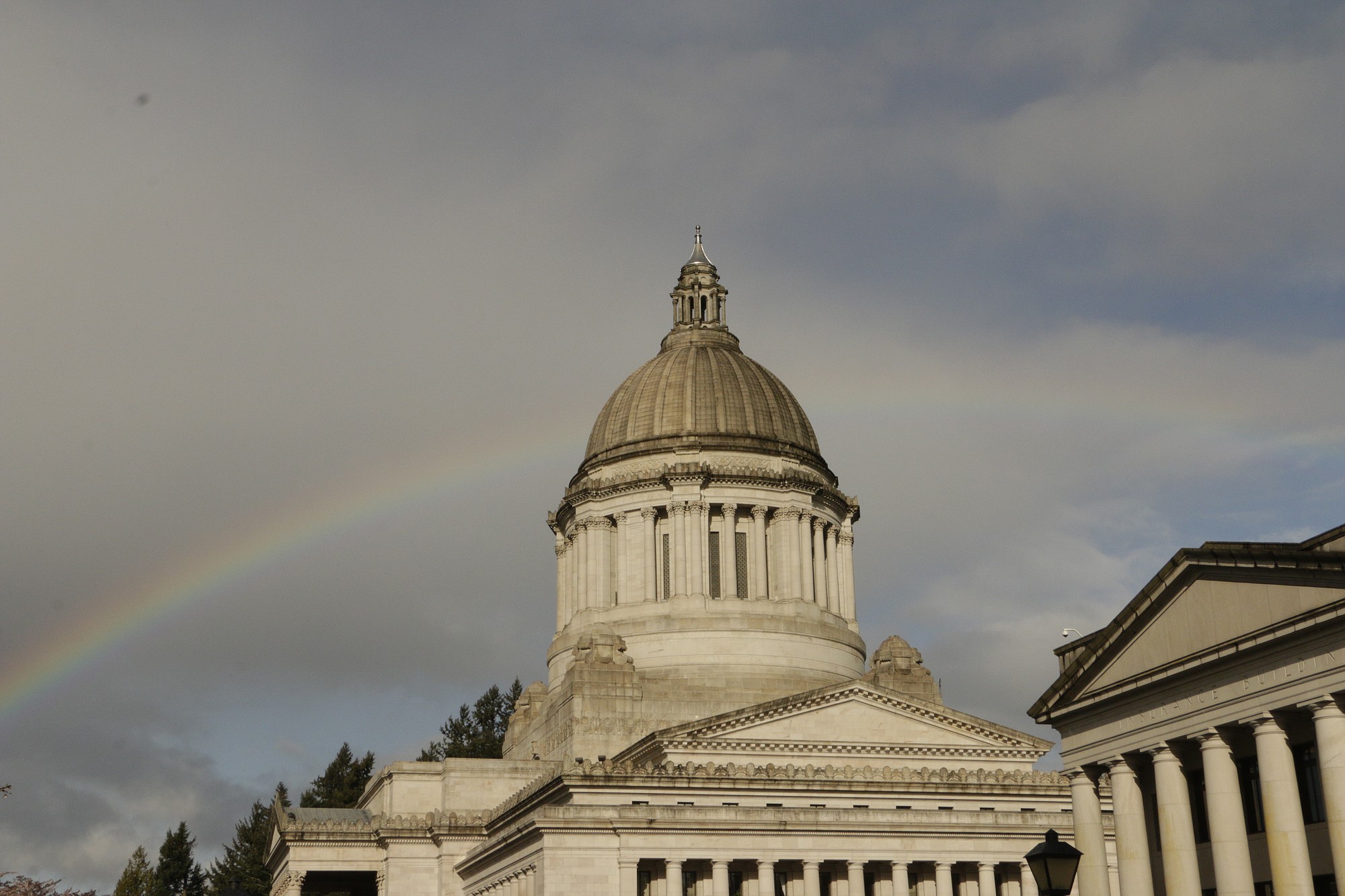The legislative countdown clock has started.
Today is Day 98 of the 105-day legislative session.
Lawmakers’ biggest task remains passing a two-year operating budget. The main sticking point is over whether to raise taxes. The GOP-controlled Senate is pushing an operating budget that doesn’t raise any new taxes, instead relying partly on marijuana tax revenue and partly on dipping into existing accounts. Democrats have called the plan unsustainable and proposed a capital-gains tax that would hit the state’s richest residents.
The parties would need to strike a budget deal this week to adjourn by their April 26 deadline. But most lawmakers are keeping their gym memberships and apartment leases in Olympia; both parties appear to be laying the groundwork to blame the other for a possible special session.
Here’s the status of four other important legislative to-dos that could impact Southwest Washington:
1) Oil
With the nation’s largest oil-by-rail terminal proposed for the Port of Vancouver, many Southwest Washington residents are keeping a close eye on Olympia to see what measures are taken to increase oil transportation safety. Both the House and Senate have passed measures to address the surge in volatile crude oil traveling through the state. Both chambers extended a tax on oil tankers entering the state. The tax would help pay for an oil spill response program.
The House passed a more robust measure, which includes a higher tax applied to all oil entering the state, whether by rail or pipeline. The GOP-controlled Senate would exempt oil travelling by pipeline. Both measures call for studying whether oil being shipped on the Columbia River should require tugboat escorts. The House and Senate also agree the state should have the authority to inspect rail crossings on private property. Democrats are pushing railroads to demonstrate they have spill response contingency plan and funds to pay for a worst-case scenario cleanup. An attempt to increase the number of railroad workers required on trains with more than 20 cars of crude oil has been removed from both bills. Now, the two parties will negotiate.
2) Marijuana
It looks likely this will be the legislative session lawmakers rein in the state’s “wild, Wild West” of medical pot.
Lawmakers sent a measure aligning the state’s medical marijuana market with the recreational system to Gov. Jay Inslee for his signature last week.
One of the more controversial aspects of the measure is the creation of a patient registry of medical marijuana users. Although it’s voluntary, those who don’t register would not be allowed to grow the same number of plants, possess the same amount of marijuana or receive the same tax breaks as those who agree to be listed in the database.
Another measure is tied to the medical marijuana overhaul. Both SB 5052, overhauling medical marijuana, and House Bill 2136 have to pass for either to become law. The second measure give local governments a slice of the state’s pot money and would make changes to the tax structure. Instead of the 25 percent tax on producers, processors and retailers, it would apply a 30 percent tax on the buyers. The House bill would also allow local cities and counties to ban pot shops only if they get approval from voters.
3) Bi-state bridge coalition
You didn’t really think a legislative session would pass without mention of the Columbia River Crossing, right?
Washington lawmakers rejected the $3 billion bridge two years ago. But earlier this month, representatives carved out $100,000 to hire neutral facilitators to help create a bi-state bridge coalition and formalize work addressing Interstate 5 bridge between Oregon and Washington. The measure is more noteworthy in what it symbolizes — lawmakers agreeing on one of the more toxic local issues — than what it actually accomplishes. But there are still some hurdles. It has yet to pass the Senate, and Oregon has not signed on to participate.
Sen. Annette Cleveland, D-Vancouver, a vocal proponent of the Columbia River Crossing, said discussions are ongoing. It’s important, Cleveland said, to show Washington is committed to moving forward. “The funding needs to reflect a serious commitment on our part. One hundred thousand (dollars) does not demonstrate that, in my opinion,” Cleveland said.
4) Transportation
Lawmakers have been unable to strike a deal on a transportation revenue package in the most recent legislative sessions. The call for replacing aging infrastructure, maintaining roads and constructing projects across the state has heightened as a result.
The Senate and the House have both unveiled transportation proposals. In the most recent proposal, released by the House last week, Clark County would receive $50 million to overhaul the Interstate 5 interchange at Northeast 179th Street. Proponents believe rebuilding the interchange would bring large-scale development and thousands of jobs to the area. The package also includes $98.7 million for a new interchange at Interstate 5 and Mill Plain Boulevard.
Both the House and Senate’s versions are 16-year plans that include an incremental gas tax increase of close to 12 cents a gallon.




